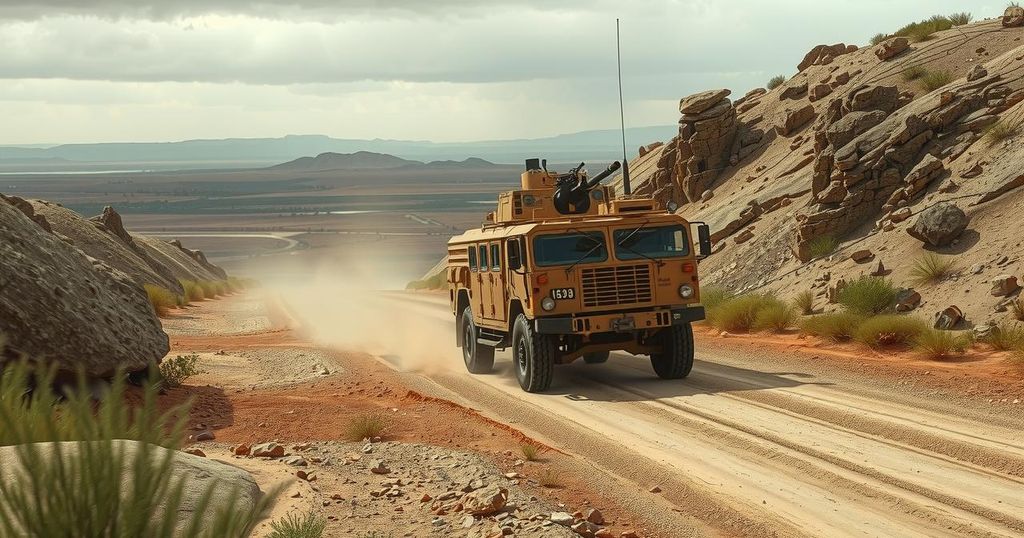Challenges Facing the DRC Army in the Fight Against M23 Rebels

The DRC army’s struggle against the M23 rebel group is attributed to systemic corruption, poor training, and a legacy of division influenced by external factors and historical government policy. Increased military spending under Tshisekedi has not resolved these deep-rooted issues, leaving the FARDC vulnerable.
The Democratic Republic of Congo (DRC) has witnessed the M23 rebel movement seizing the critical cities of Goma and Bukavu since January. Despite the Congolese armed forces (FARDC) reportedly numbering around 135,000 soldiers, experts believe these figures may have increased, while the M23 movement is estimated to comprise merely a few thousand fighters, with support from approximately 4,000 Rwandan troops.
The Congolese government, under President Felix Tshisekedi, has significantly increased military spending in 2023 to $794 million. However, systemic corruption within FARDC raises concerns about their effectiveness, as highlighted by Alain De Neve of the Royal Higher Institute for Defense, who noted significant misappropriation of funds that adversely affects troop morale and results in frequent desertions.
Furthermore, the military appears to have developed a self-serving culture where senior officials inflate troop numbers to secure additional funding from the capital, Kinshasa. According to Jakob Kerstan from the Konrad Adenauer Foundation, this abuse of funding mechanisms results in dire consequences for operational effectiveness and troop organization.
Internal reports suggest that FARDC struggles with inadequate training, outdated equipment, and poor communication, exacerbating the military’s inability to effectively combat M23. Although military reforms were promised by President Tshisekedi, these efforts have fallen short compared to the compensation received by outside mercenaries, which has a negative influence on troop dynamics and morale.
Additionally, there is a pervasive issue of cronyism in the appointment of military leaders, leading to poor command decisions and a reluctance to delegate authority to competent officers. The frequent rotation of leadership positions indicates challenges in finding suitable individuals to manage military operations effectively.
Historically, the army was never given a strong defensive mandate due to fears of coups, with past leaders like Mobutu Sese Seko playing generals against one another. This legacy of division and infiltration by foreign powers has complicated military unity and effectiveness, making the DRC government wary of negotiating with M23 due to concerns about further infiltration.
President Tshisekedi has publicly lamented the lack of loyalty and sense of duty among military personnel. The DRC continues to grapple with reforming its armed forces; these changes are gradual and hindered by the support M23 receives from Rwanda, which remains a well-structured and organized military force. The government acknowledges that significant restructuring of the army cannot be accomplished quickly amid persistent threats from such well-supported rebel groups.
In summary, the DRC’s military struggles against the M23 rebel movement stem from systemic corruption, inadequate training, outdated equipment, and a legacy of division exacerbated by interference from foreign powers such as Rwanda. Despite increased military spending and promised reforms, the FARDC remains hampered by internal challenges, cronyism, and the need for comprehensive organizational change to effectively address the situation in eastern DRC.
Original Source: www.dw.com








